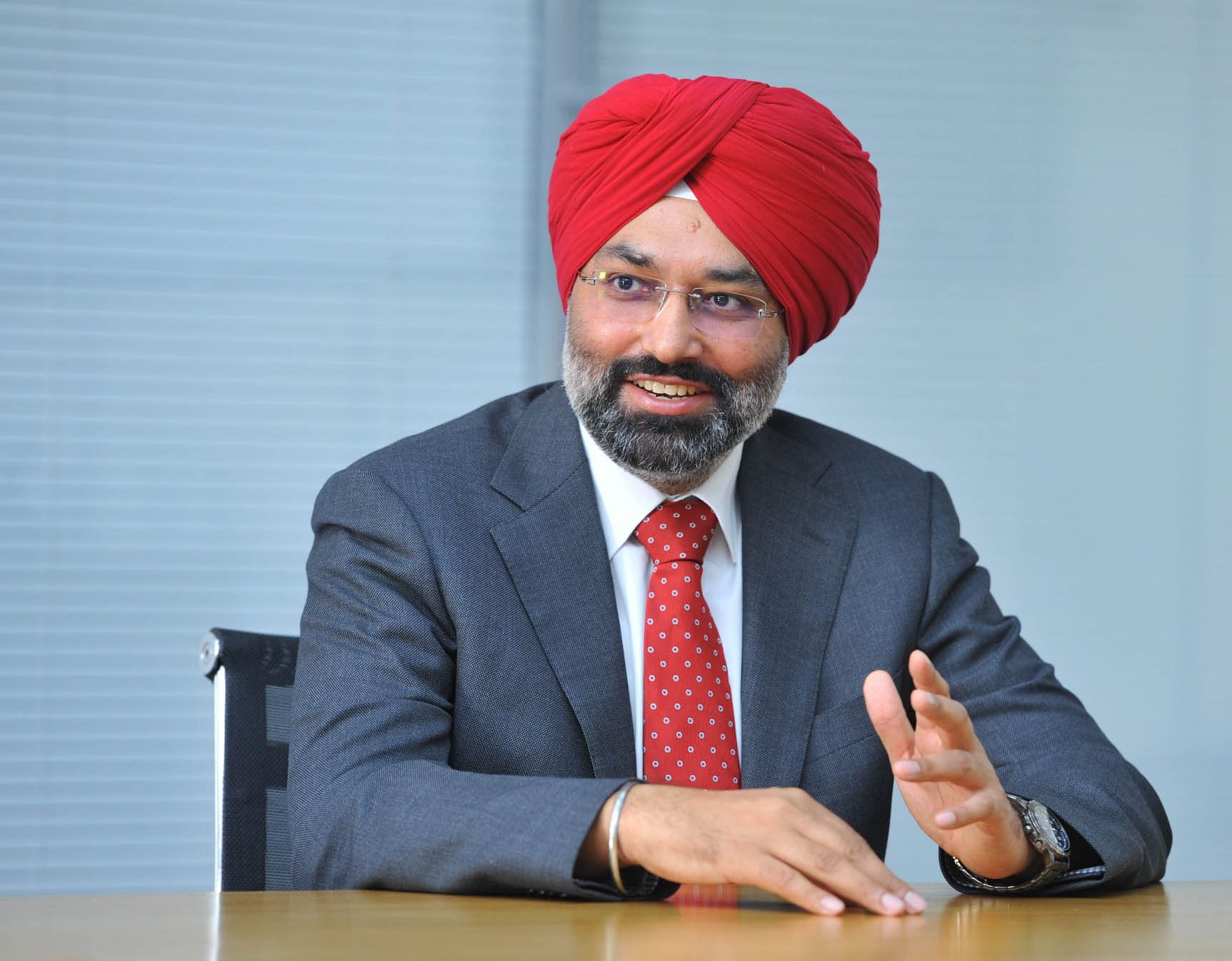Volkswagen India bets on CNG over electric
The German carmaker doesn't see business viability for EVs in the volume segment, primarily due to high battery costs and, secondly, a lack of clarity "on what the government intends doing".
Audi, the premium brand from the Volkswagen (VW) stable will launch its first fully electric model, the E-Tron late next year in India. The electric mobility play for the Volkswagen Group is likely to remain only in the premium space for some time.
The German group doesn't see business viability for electric vehicles (EV) in the volume segment, primarily due to high battery costs and, secondly, a lack of clarity "on what the government intends doing". "Right now, the economics of electrics work for premium cars, and not for everyday cars. Those just do not work. In Europe also, everyone is trying to make the economics work. But it's really tough," says Gurpratap Boparai, chief of the Volkswagen Group in India.

Gurpratap Boparai: "CNG makes more sense if we can get a network in."
Volkswagen has an "open mind" as far as electric mobility go. According to Boparai, the Group plans to launch models from all brands in the EV space and will evaluate when is the right time to bring any of them of them to India. He also adds, however, that in India an electric car's CO2 footprint is "no less" than that of a BS VI car. And that's because of fossil fuel as a major source of electricity generation in India. Also because EV batteries have to be imported, Boparai sees CNG as "an excellent option" for a country like India.
"Maybe CNG makes more sense if we can get a network in. Let's not forget if we get electrics, the batteries are going to come from China. We may be assembling the batteries here but the cells will still be imported. We may be reducing our oil import bill but we may end up increasing other import bill," says Boparai. It is to be noted that at the SIAM annual convention this year Union Petroleum and Natural Gas minister Dharmendra Pradhan announced that 10,000 CNG stations will be set up in India over the next 10 years. It won't be surprising to see Volkswagen introducing its 1-litre TGI engine in India.
In the conventional vehicle space, Boparai and team are busy at work to action the India 2.0 project. There's a strong focus on being more competitive than ever before. For example, the Skoda-led plan will see the new models with localisation level of 95 percent within six months of launch. That's much more than the maximum level of 76 percent that some Volkswagen models have reached years after their launch. The first model under the India 2.0 project will be launched in 2021. It will be an SUV wearing the Skoda badge. The SUV will be shared with Volkswagen. Boparai says that it will be more than just badge engineering. The SUV will be followed by a sedan, which again will be sold under both brands.
The overall investment figure of Rs 7,900 crore may see a downward revision as the company is trying to achieve all the stated targets under India 2.0 at a lesser cost. With more competitive products, to be launched first in India, and a wider presence Volkswagen and Skoda jointly is aiming at a "realistic" market share target of 5 percent by 2025.
RELATED ARTICLES
Cosmo First diversifies into paint protection film and ceramic coatings
The Aurangabad, Maharashtra-based packaging materials supplier is leveraging its competencies in plastic films and speci...
JSW MG Motor India confident of selling 1,000 M9 electric MPVs in first year
The 5.2-metre-long, seven-seater luxury electric MPV, which will be locally assembled at the Halol plant in Gujarat, wil...
Modern Automotives targets 25% CAGR in forged components by FY2031, diversifies into e-3Ws
The Tier-1 component supplier of forged components such as connecting rods, crankshafts, tie-rods, and fork bridges to l...






 29 Nov 2018
29 Nov 2018
 14691 Views
14691 Views








 Autocar Professional Bureau
Autocar Professional Bureau




